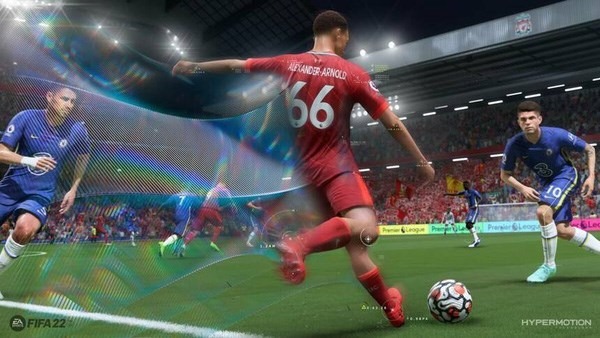The FIFA Ultimate Team Controversy: How Microtransactions Changed Gaming Forever
Popular Now
 The Legend of Zelda
The Legend of Zelda
 Free Fire Max
Free Fire Max
 CarX Street
CarX Street
 Toca Boca World
Toca Boca World
 Brawl Stars
Brawl Stars
 Counter-Strike 2
Counter-Strike 2
 God of War Ragnarök
God of War Ragnarök
 Rust
Rust
 Roblox
Roblox
 PUBG Mobile
PUBG Mobile

FIFA Ultimate Team (FUT) has become one of the most profitable — and most controversial — features in the world of video games. As the franchise evolved, so did the criticism surrounding its microtransaction model, which many gamers and regulators now label as pay-to-win and predatory. This article explores the FIFA microtransaction controversy, its effects on players, the gaming industry, and the growing global pushback.
1. What Is FIFA Ultimate Team and Why Is It So Popular?
FIFA Ultimate Team, often called FUT, is a game mode that allows players to build their dream team by collecting virtual cards representing real-life footballers. The mode became the financial backbone of EA Sports due to:
- Competitive online matches
- Special events and packs
- Real-world integration with football seasons
2. The Rise of Microtransactions in FIFA
FUT introduced a pack-based reward system, where players buy card packs with in-game currency — which can be earned or purchased with real money.
- Basic packs cost in-game coins or FIFA Points
- FIFA Points must be bought with real money
- Pack contents are random — similar to a loot box
🎯 This monetization model quickly turned FIFA into one of the highest-grossing games in the world, but also raised red flags.
3. The Pay-to-Win Problem: Is FIFA Still Fair?
Many fans argue that FUT gives unfair advantages to those who spend more money:
- Players who purchase more packs often unlock elite players faster
- Competitive balance is disrupted in online matches
- “Grind or pay” dilemma frustrates casual players
This has led to FUT being branded as pay-to-win, where success is increasingly tied to spending rather than skill.
4. The Loot Box Debate: Gambling in Disguise?
The random nature of FUT packs has drawn comparisons to gambling:
- Players don’t know what’s inside each pack
- The odds of getting top-tier players are extremely low
- Some users develop compulsive spending behaviors
Many countries have investigated or restricted loot boxes as a form of gambling targeting minors.
📰 Countries like Belgium and the Netherlands have already taken legal action, banning FUT packs.
5. The Impact on Young Gamers and Parents
FUT is heavily marketed toward younger audiences — often without proper warnings:
- Children spend large sums via linked accounts
- In-game purchases are often promoted aggressively
- Peer pressure and influencer culture amplify the issue
👨👩👧👦 Parents are increasingly concerned about unregulated spending and addiction-like mechanics in FIFA.
🔍 SEO keywords: “FIFA microtransactions children”, “parental control FIFA Ultimate Team”, “kids spending in FIFA”
6. EA Sports’ Defense and Business Model
EA has defended FUT by claiming:
- All purchases are optional
- Top players can be earned through grinding
- Pack odds are disclosed (due to regulations)
However, earnings from Ultimate Team account for over 25% of EA’s total revenue, showing how deeply the system is entrenched in their business strategy.
7. Legal Challenges and Global Backlash
The controversy has led to legal battles and political scrutiny:
- Lawsuits filed in Canada, France, and the UK
- EU debates on classifying loot boxes as gambling
- Public campaigns to regulate in-game purchases
🛑 This pressure is prompting game developers worldwide to rethink how they implement microtransactions.
8. The Future of FIFA and Microtransactions
With the launch of EA Sports FC replacing the FIFA brand, questions remain:
- Will FUT-style monetization continue?
- Could subscription models or cosmetic-only purchases replace loot boxes?
- Will international regulation reshape digital gaming economics?
🎮 The future of sports games may depend on how the industry addresses these growing concerns.
Conclusion: A Game Mode That Changed Everything
FIFA Ultimate Team revolutionized sports gaming but at a cost. While it brought deeper engagement and record profits, it also triggered global debate on ethics, fairness, and digital gambling. As governments and gamers push for change, the FUT controversy serves as a warning for future game design — and the fine line between profit and exploitation.









